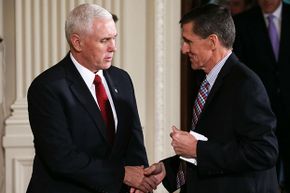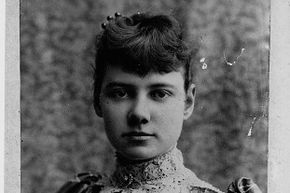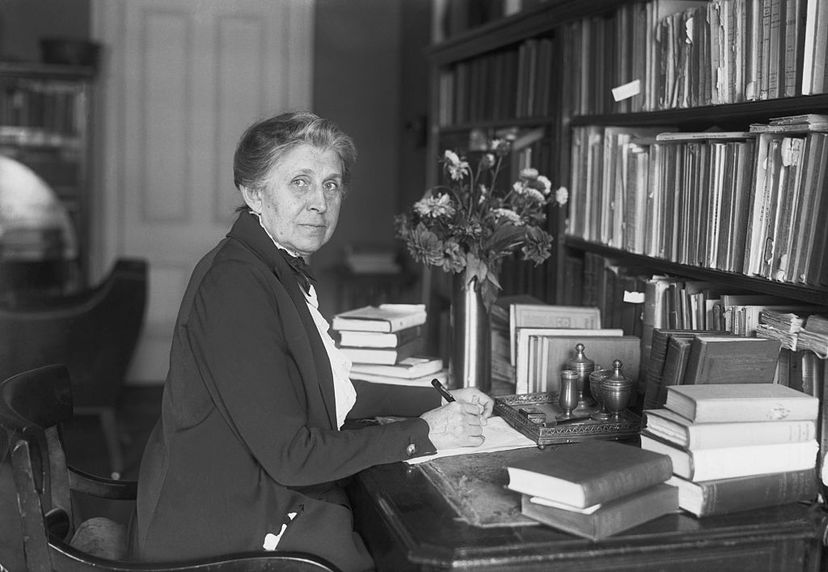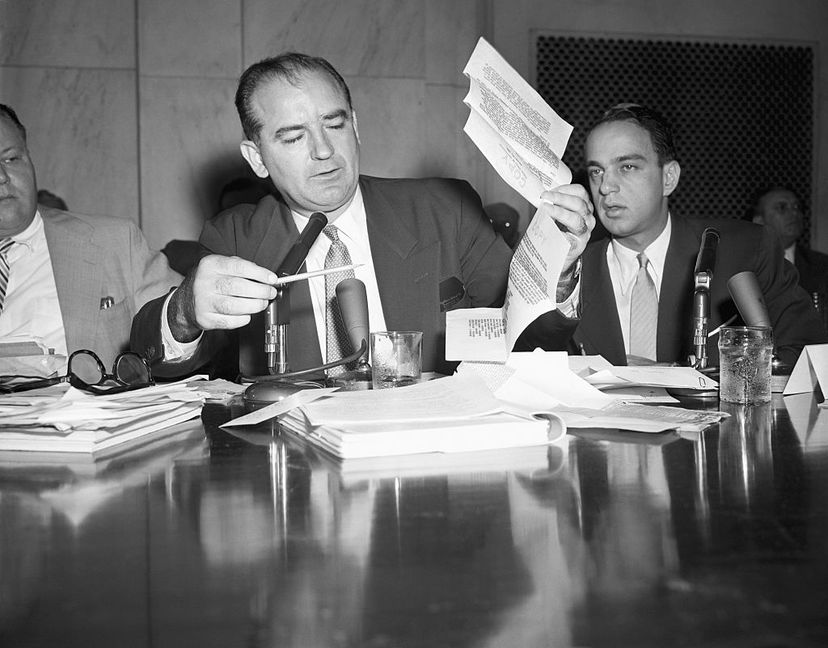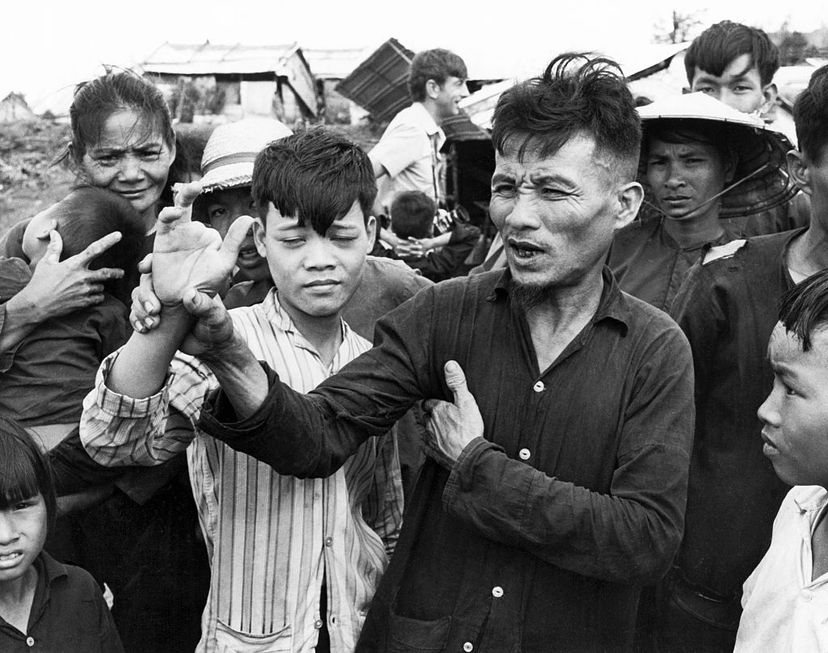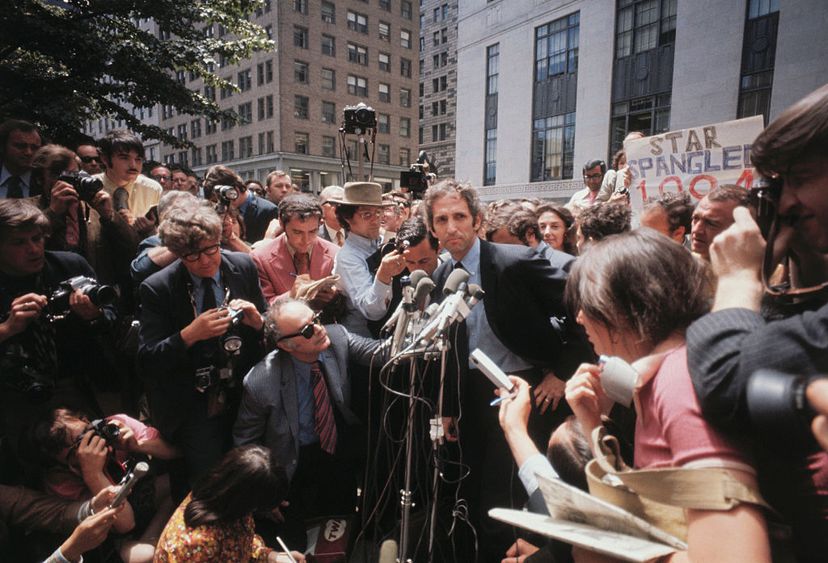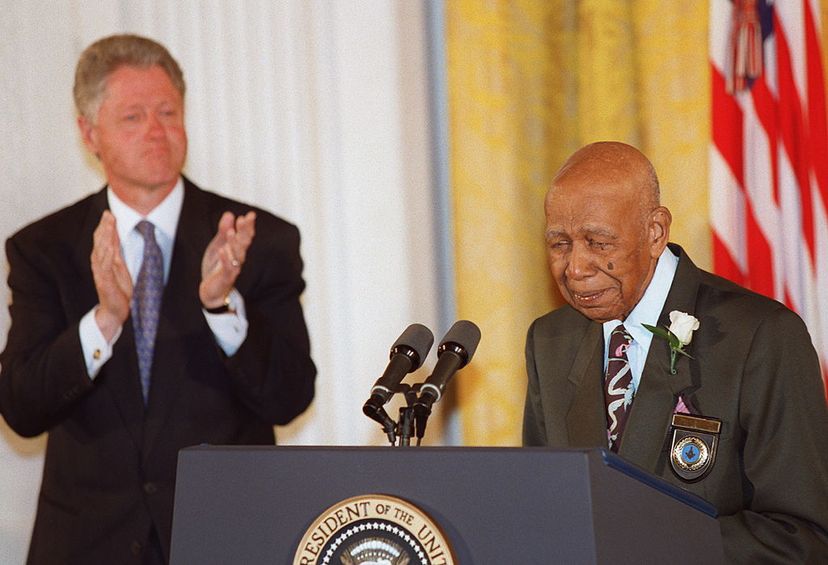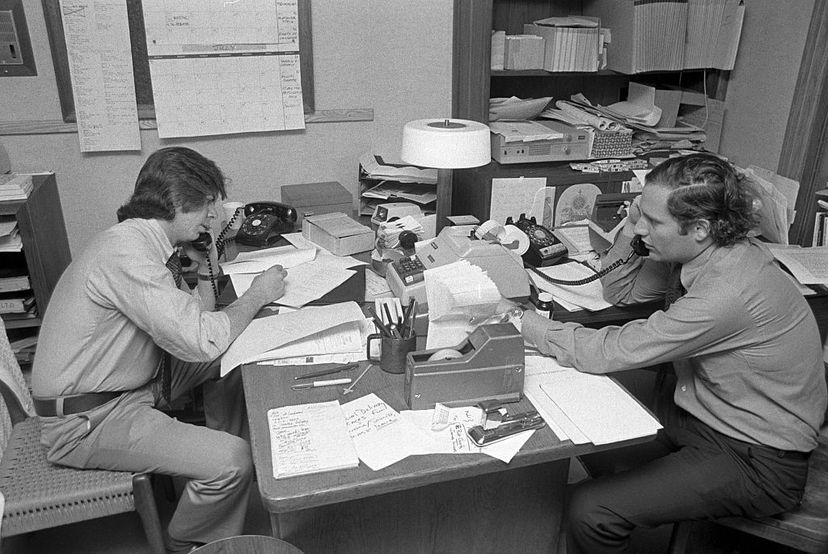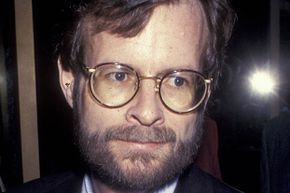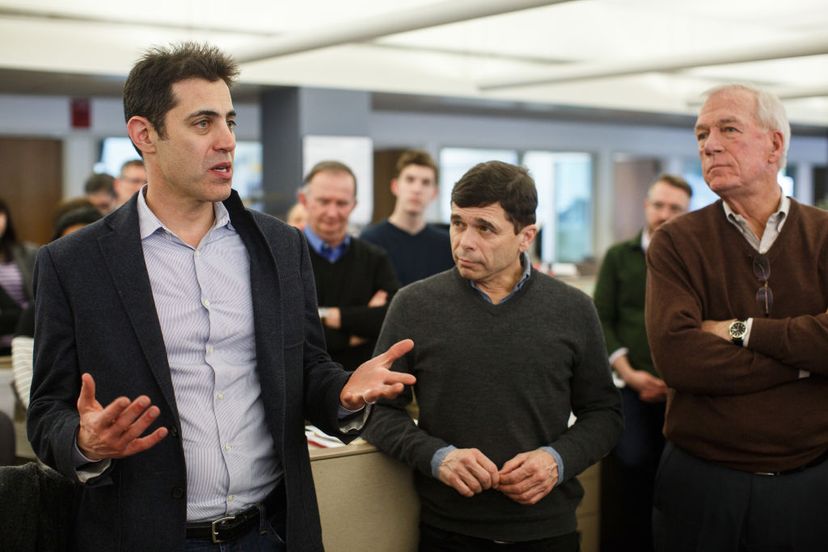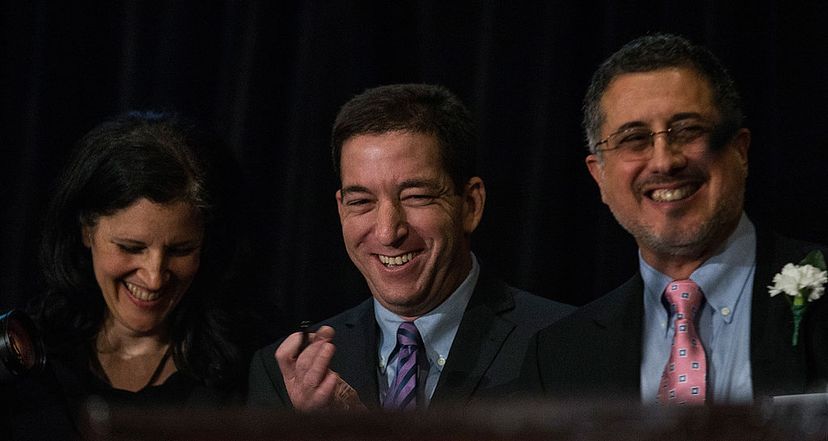In early February 2017, retired Army Lieutenant General Michael Flynn, the short-lived national security adviser to President Donald Trump, was one of the most influential figures in the U.S. government. But that all changed as soon as the Washington Post published a story containing a bombshell revelation. According to the Post's government sources, the month before Trump took office, Flynn spoke to Russian ambassador Sergey Kislyak about U.S. sanctions against Russia — something that Trump's vice president, Mike Pence, denied ever took place [source: Miller, Entous and Nakashima].
Five days after the story published, Flynn resigned [source: Miller and Rucker]. The incident was yet another example of how even the most powerful people in the world have difficulty keeping secrets from investigative journalists.
Advertisement
The U.S. Constitution expressly bars the government from interfering with freedom of the press, which is a sign of how important the nation's founders thought it was to have the news media acting as another check and balance against abuses of power. It's a role that generations of journalists have filled with zeal. They've irked presidents dating back to John Adams, who even convinced Congress to pass a short-lived law making it illegal for newspapers to publish "any false, scandalous and malicious articles" about the government [source: Ourdocuments.gov].
Nevertheless, these oft-maligned journalists have ensured that their readers learned about all sorts of wrongdoing, ranging from mistreatment of mental patients and corrupt practices by giant corporations, to a global surveillance program that kept track of their phone calls. And those investigations often have stopped further abuses and compelled reforms, and sometimes even ensured compensation to victims of misdeeds.
"A huge aspect of journalism — or any journalism worthy of the name — is the act of putting pressure on power," as New Yorker editor David Remnick once explained [source: Malsin].
From the beginnings of investigative journalism in the late 19th century to the present day, here are 10 news media exposés that made a difference.
